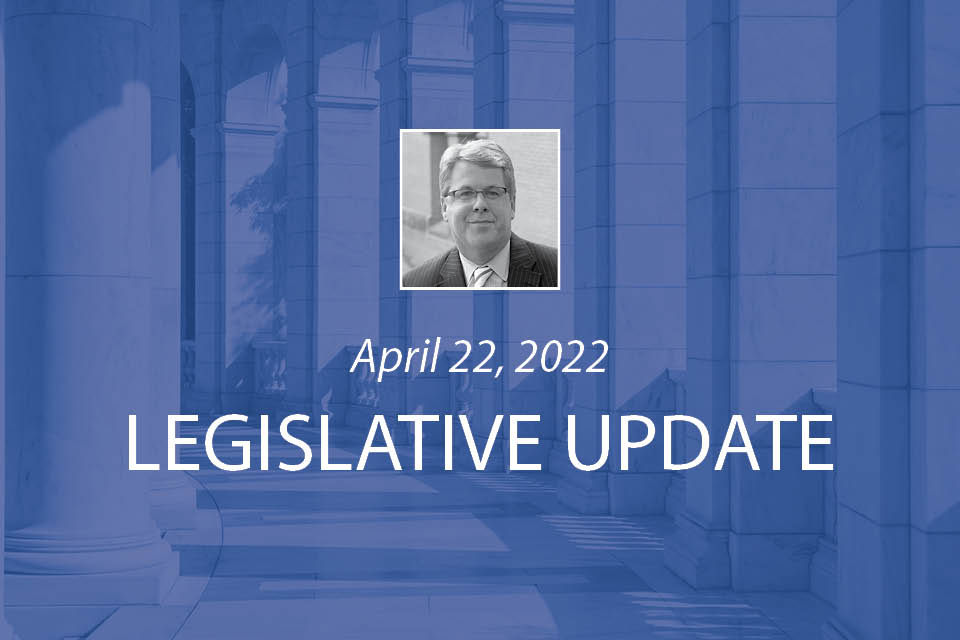ABMA Advocacy Week
From April 4-8, 2022 the American Building Materials Alliance (ABMA) virtually held its inaugural Advocacy Week to discuss our three priority issues of workforce development, supply chain delays, and inflation. On the last day of the event, immediate success was struck with New York Representative Andrew Garbarino, who chose to co-sponsor all three of our bills. ABMA staff will be following up on our other meetings and will report additional successes as they arise.
Congress and Build Back Better
Members of Congress return to Washington next week where they will be in town for 5 weeks until the Memorial Day recess. During that time period, we expect to see an emphasis on forging a revamped, smaller, and more focused Build Back Better (BBB) bill. With the conflict in Ukraine driving oil prices higher, the emphasis on this next package will be on energy supply. Senator Joe Manchin (D-WV) is insisting on an “all of the above” energy approach, coupled with the half billion dollars worth of renewable energy tax incentives that were in the House-passed Build Back Better measure. Details are sparse at this point, but we know that pain at the pump is exerting an outsized influence on what will be in this next package. Progressives in the House and Senate who would have balked months ago at including any fossil fuel incentives are now reconsidering given the prospect of securing renewable energy incentives as part of the deal and being able to sell a victory as they begin to campaign in earnest ahead of the November midterms.
ABMA is keeping a watchful eye on potential pay fors for this next round. Recall that S-Corporations and other pass through entities were targeted in the earlier version of this legislation and we pushed back hard on Members of Congress and leadership in the House and Senate to resist funding this measure on the backs of Main Street job creators.
Growing Wood Markets
This week, ABMA signed onto a letter to House and Senate appropriators urging increased funding for the U.S. Department of Agriculture’s Wood Innovations Grant (WIG) program. WIG provides funding for technically advanced wood manufacturing facilities as well as wood energy projects. The program, authorized every 5 years by the Farm Bill, has been successful on the economic development front helping site and build facilities in rural areas.




